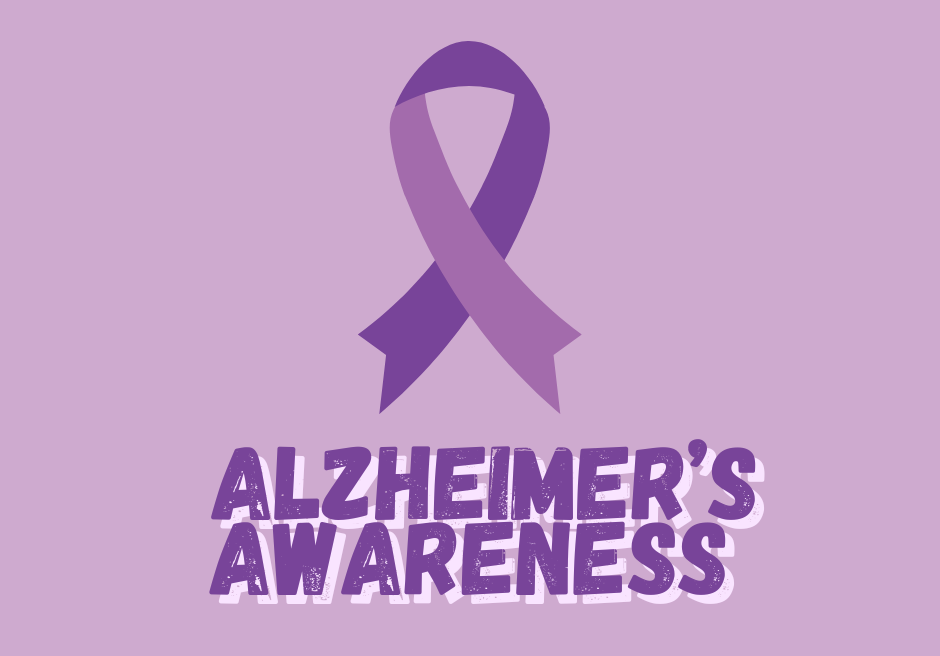If you’re applying for internships or your first job, you might notice employers trying to entice you with shiny downtown offices or an unlimited snack bar. But if you live with a disability, a chronic illness, or simply care about your mental well-being, you’re probably looking for more intangible workplace benefits like flexibility, culture, and accessibility.
“Navigating the journey into the workplace for the first time as a young person with non-visible disabilities and mental health conditions, felt like trying to find a needle in a haystack; what to say, what support to ask for, when to disclose, what environment is good for – the list of questions were endless,” Born This Way Foundation Youth Advisory Board member + Mental Health and Disability Activist Tanya Marwaha said. “Having experienced this, I always find myself looking for workplaces that value their people as humans, not as ‘sick’ or ‘not sick’ but one that embraces the true complexities and nuances to human well-being, mental health in the ever-changing world we live in.”
Unfortunately, not all workplaces are equally open or informed about accessibility and accommodations.
“There is a huge hiring disparity when it comes to disabled individuals,” Born This Way Foundation Youth Advisory Board member + Disability Rights Activist Fay Kanevsky said. “I do believe I have been passed on because hiring managers assume I would need certain accommodations. The truth is, I will, but it doesn’t mean I don’t work incredibly hard and I’m not passionate about my work.”
At Making Space, we help early-career job seekers find flexible and accessible internships and jobs for free.
Based on our experience working with inclusive employers, here are 5 tips for finding early career roles that’ll meet your access needs or genuinely care about your mental health:
1) Identify workplace attributes or accommodations that’ll help you thrive
Think about what accommodations or strategies help you focus and stay balanced in school. Is it flexibility to do homework on your own time between classes? Being able to eat a snack when you need to? Make a list of how those accommodations could translate to the workplace.
If you have a mental health condition, helpful workplace accommodations, according to the US Office of Disability Employment, might be:
- Remote or hybrid work options
- Flexible scheduling – part-time hours, job sharing, or flexible start/end times
- Leave options – mental health sick leave for therapy or treatment.
- Breaks – taking them as needed, phone breaks during work hours to chat with a mental health professional or support person.
- Tools– noise-canceling headphones, Otter.ai for meeting notes, or productivity apps
2) Refine your job search based on your access needs
Some workplaces might already be set up to support your access needs or mental well-being. For example, if working from home helps you manage symptoms or stay focused, a remote-first company might meet your access needs without requiring extra accommodations.
To find such companies:
-
- Look for job descriptions that mention remote work, employee assistance programs, disability insurance, or other workplace attributes that align with your access needs.
- Cross-reference promising companies with employee reviews on sites like Glassdoor.
- Explore Making Space job hub to find flexible employers.
- Browse Newsweek’s Mental Health Awards for companies recognized for well-being
- Research companies with strong employee resource groups
3) Ask people about accessibility at their company
Talking to employees is one of the best ways to understand a company’s culture and commitment to accessibility.Start within the disability, mental health, or chronic illness community. Folks are eager to support each other and share their experiences. Plug into the community through Making Space virtual and in-person networking events. Sign up here to get access.
In parallel to networking within the community, connect with people at companies you’ve identified as a good fit. See if you have any mutual connections who can introduce you or if alumni from your school work there. If you reach out, make it personal: introduce yourself, mention something you have in common (like your school or interests), and be clear about why you want to connect.
4) Ask targeted questions during interviews
Even if you choose not to disclose your disability or mental health condition during the hiring process (you’re not legally required to), you can still discreetly get a feel for the company culture during an interview.
Questions to ask:
- How are tasks assigned? Monthly, weekly, or daily?
- What are your return-to-office policies?
- What’s the biggest challenge you faced when you joined?
- What’s the best advice you’ve gotten from a mentor while working here?
- How is success measured in this role?
- What’s kept you working here for so long?
- If you could change one small thing about working here, what would it be?
5) Build your confidence
Your access needs don’t make you less hirable. On the contrary, navigating them often builds in-demand skills like communication, advocacy, and problem-solving.
Nurture and build confidence in those skills by:
- Creating a mock project for your portfolio
- Intern for people you know (your PT, professor, afterschool activity org) to test what environments accommodate you best.
- Learn a new skill like key art with Netflix, product design or social media marketing with Making Space’s free courses.



















